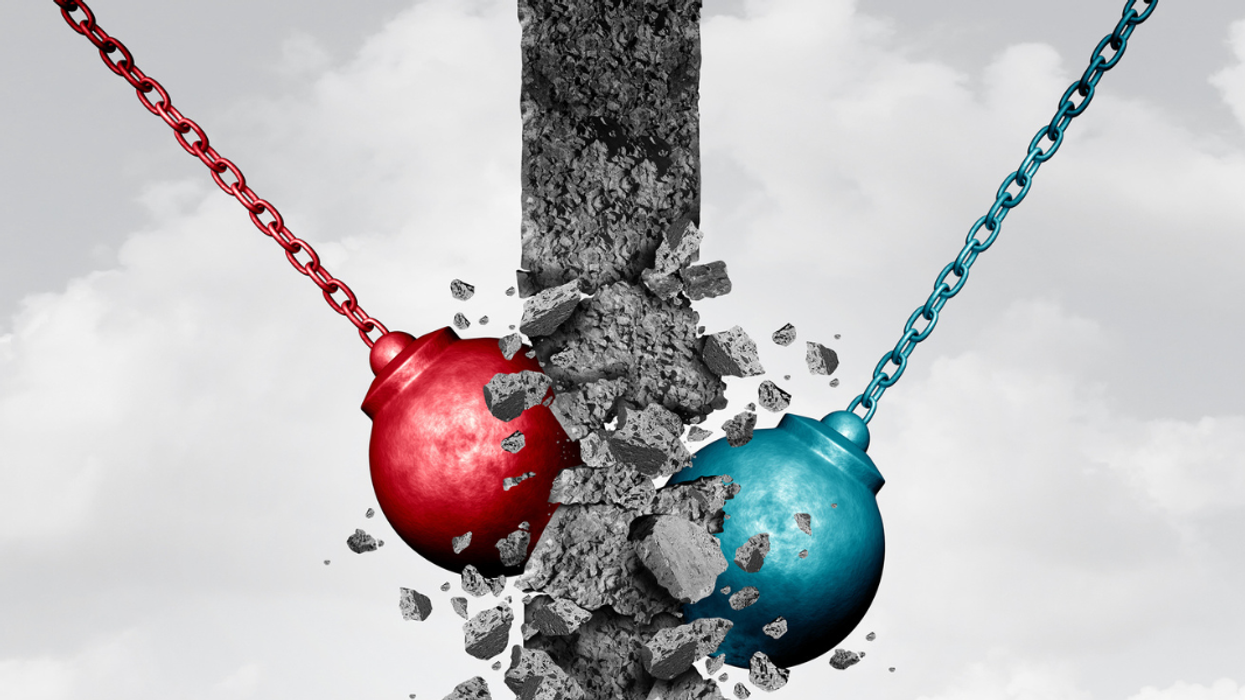Brenda has been a lifetime activist working to bring together the right people at the right time to work on timely issues. At 82, she is now hoping to assist in the most important effort to rebuild respect , trust and dignity in our leaders and each other.
I believe we cannot get meaningful transpartisan action in groups of people to occur until our leaders give us a better role model. Our leaders are responsible for much of the discontent, followed by the media promoting and aggrandizing their comments. Calling each other names, looking for that “aha” moment, is grade school level taunting. It does nothing but entice others to feel entitled to continue the poor behavior.
To be transformative, it is said we need to shape a better future, create new values, reconcile tensions and dilemmas, and above all take responsibility. Many of our leaders instead steadfastly dwell on insulting, demeaning, and destroying those with whom they disagree. Furthermore, this is often the result of “being loyal to their party”, in other words, “I am just doing my job” kind of attitude. Our leaders are supposed to be doing what is good for the country, not what is good for the egos of their party or top supporters.
I believe until the people of this country demand that our leaders give us a better role model, that we see a return to diplomacy and decorum, it will be impossible to bring about transpartisanship. In a way it is heartening to see the Republican representatives actually standing up and disagreeing with others in their party. However, overall, the important thing is to finally demand that our representatives work for the good of the country.
Standing in the way of this are wealthy donors, representatives who think of their role as their “career” rather than “public service” and loyalty to the cult that they have joined in order for their “career” to continue.
So, to repeat, we need them to shape a better future, create new values, reconcile tensions and dilemmas, and above all take responsibility. It is hypocritical for our leaders to stand up, wring their hands, and offer prayers and the typical “we cannot let this continue” response to school shootings, for example. They must accept at least some of the blame for enabling school shooters. When they insult and demean others, they tell these shooters it is okay, it is their right to seek revenge. This is more personal to me of course as one of the worst school shootings occurred in the town where I raised my 3 daughters at a school named after one of my closest friends—Marjory Stoneman Douglas. Marjory was stunned when I mentioned that the school was named after her, and the school board was stunned when they found out she was still living as they only name schools after deceased leaders. Thank heavens she was not around when this horrific event occurred. One of my children’s friends lost their daughter to this massacre.
How insulting to hear those same prayers and words of regret from a school board, county sheriff, state and national leaders once again. Especially when this is followed by their continuing to insult each other—people who have all aspired to be leaders, who have vowed to work in public service for their country.
Who is to blame when the parents of one of the college students killed in Idaho a month ago insults the police who are working to find the perpetrator?
Who is to blame when our country does nothing to help the mentally ill but provide them with childish examples of name calling and insults?
I had a goal with my C’mon America project. I wanted the quiet, invisible, population to be able to stand up for diplomacy and decorum, to demand better role models, to admonish the press for their part in the debacle. They are the majority in this country, not the couple of loud voices that dominate social media (followed by the press aggrandizing their disgusting taunts). And what is even more depressing is that a lot of the loud voices spouting vehement messages are our supposed leaders?
Until we elect better leaders, until the people stand up for decorum and diplomacy, until our leaders work to shape a better future, to create new values, to reconcile tensions and dilemmas, and above all take responsibility, the job of leadership falls to all of you who work day after day to try to overcome the shortcomings of our supposed-to-be leaders. I commend you all for never giving up, for remaining optimistic in a world of pessimism. Thank you.




















Marco Rubio is the only adult left in the room